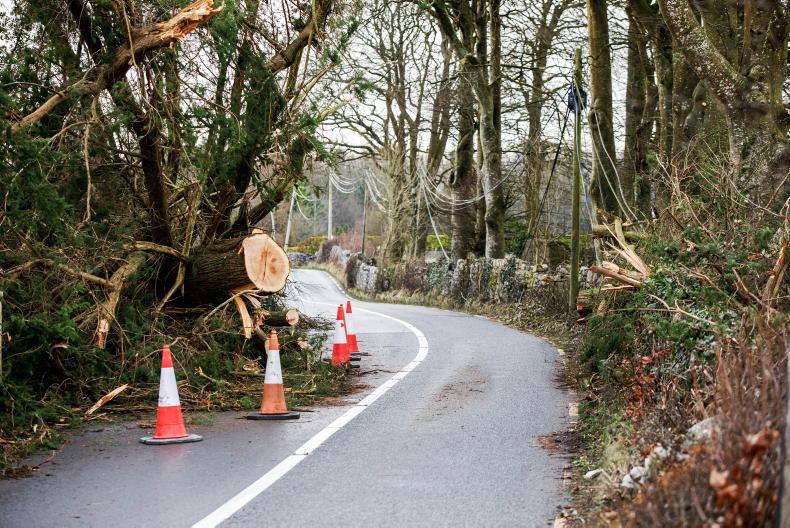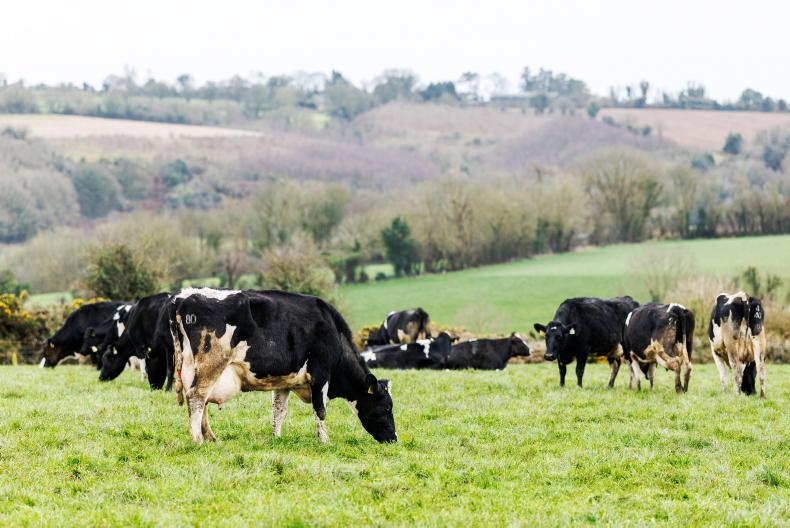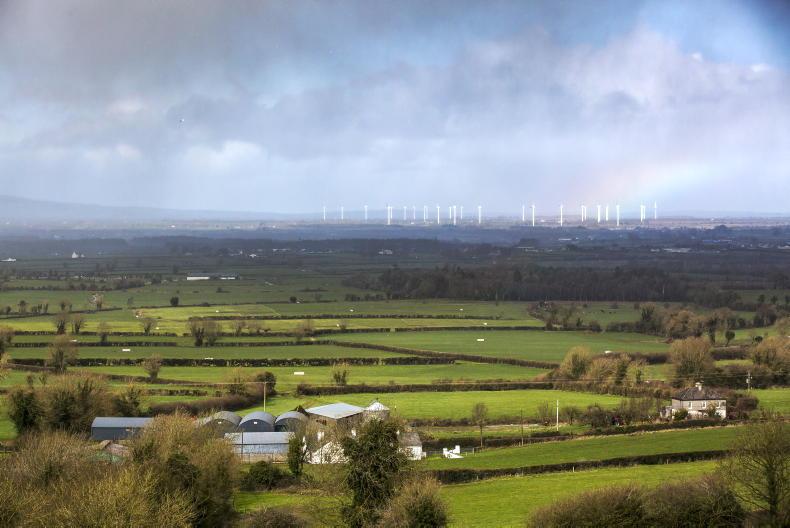The process of adapting to climate change in Ireland to date has too often been sidelined and overshadowed by a focus on mitigation, the Climate Change Advisory Council (CCAC) has said.
It has called for the revised national adaptation framework (NAF) to provide for further integration with mitigation efforts, sustainable development and disaster risk reduction, and the council has recommended that existing sectoral adaptation plans should then also be revised and updated.
The council concluded that while the current framework, and the sectoral and local adaptation plans and strategies produced as a result of it, provide a solid foundation for adaptation, overall the process of adapting to climate change in Ireland to date has too often been sidelined and overshadowed by a focus on mitigation.
Urgent action
The increased frequency of severe weather conditions such as the recent heatwave has demonstrated the need for urgent action on adaptation to ensure society has the infrastructure and services in place to respond to the impact that climate change is having on society, it said.
Welcoming the review of the framework, the council said that Ireland is not prepared for today’s climate and the climate of the future is set to get much worse, with more frequent and extreme heatwaves, flooding and coastal surges.
Commenting on the need for concerted adaptation action and for the implementation of plans, CCAC adaptation committee chair Professor Peter Thorne said: “Ireland needs to urgently take the steps required to ensure that it is as resilient as it can be within a world where extreme weather events are becoming more frequent and severe.
“Decision makers at Government, department and national level must be better prepared in their adaptation planning and actions, so they can take account of the full range of potential changes projected."
Effective
“To be effective, adaptation governance structures will need to be revised and restructured to ensure cross-cutting issues that impact multiple sectors are addressed, with the Government urgently developing and monitoring a set of national indicators to measure our climate resilience and assess progress towards achieving climate-resilient development.”
CCAC chair Marie Donnelly added that it is imperative that an initial adaptation budget to 2030 be set, following an assessment of what is required to make Ireland resilient by 2050 and beyond.
“This budget must be determined in light of the social cost of climate change over at least the next 30 years and must reflect the need to prioritise funding for adaptation to a significantly greater degree than is currently the case.”
Agriculture
In its input to the review of the NAF, it said that the financial sector in Ireland must understand, assess and communicate its climate-related risks in a co-ordinated way.
“Climate change will have significant implications for the financial system in areas such as insurance, mortgages and investment funds.
"The existing adaptation deficit and increasing severity and/or frequency of climate and weather-related events can damage property and infrastructure, impact on agricultural output and lead to loss of life, while also impacting on productivity.
“These are in addition to the transition risks, including the risk of stranded assets,” it said.
It also said there is scope for more indicators which describe the resilience and effectiveness of adaptation actions for and across key sectors, such as agriculture and biodiversity.









SHARING OPTIONS